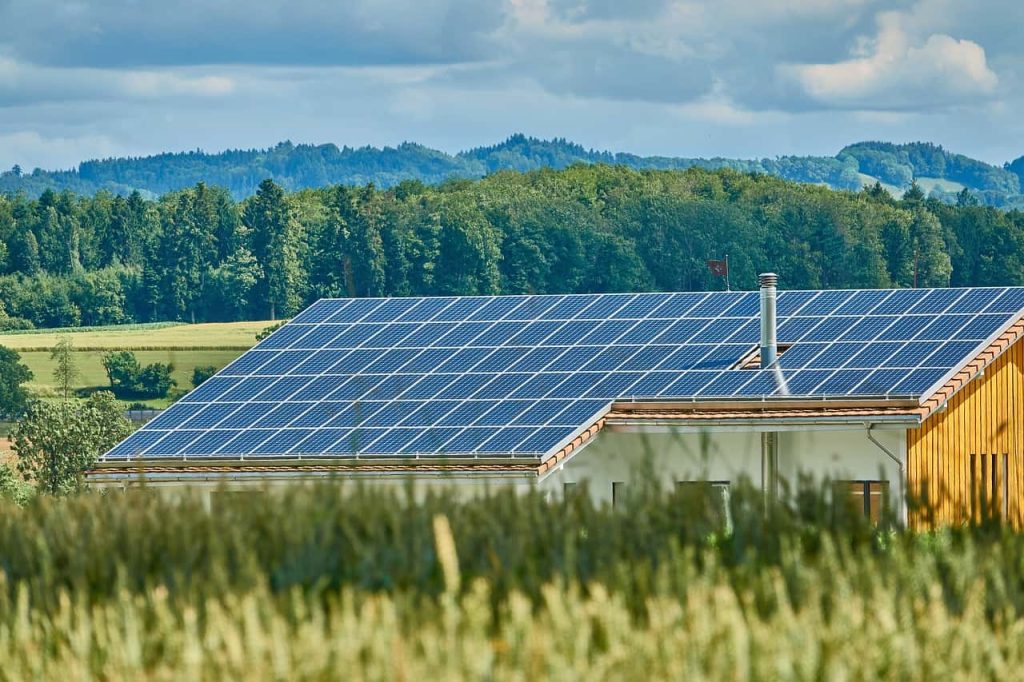The adoption of renewable energy in agriculture offers numerous benefits that enhance sustainability, efficiency, and profitability. According to a study conducted by Union of Concerned Scientists, here are some the advantages of the renewable energy in agriculture:
Cost saving: Renewable energy sources like solar and wind power can significantly reduce energy costs for farmers. Once installed, these systems often have lower ongoing maintenance and fuel costs compared to conventional energy sources.
Energy independence: By generating their own renewable energy, farmers can become less reliant on external energy suppliers and volatile energy markets. This increases energy security and stability for agricultural operations.
Reduced greenhouse gas
Lower environmental impact: Utilising renewables decreases the environmental impact of agriculture, reducing pollution and minimising the sector’s contribution to environmental degradation.
Increased energy efficiency: Renewable energy systems are often more energy-efficient than traditional power sources, allowing for the optimisation of energy use in farming operations.
Diversification of income: Some renewable energy options, such as selling excess energy back to the grid or participating in government incentive programmes, can provide additional income streams for farmers.
Energy storage: Renewable energy systems can be combined with energy storage solutions like batteries, allowing for energy storage during times of surplus and use during periods of high demand or low renewable energy generation.
Enhanced reliability: Renewable energy systems, when properly designed and maintained, can provide a reliable source of power even in remote or off-grid agricultural locations.
Sustainable water management: Renewable energy can be used for efficient irrigation systems, reducing water wastage and ensuring responsible water management in agriculture.
Long-term investment: Investing in renewable energy can offer long-term financial benefits. As technology improves and energy costs rise, the return on investment for renewable systems can increase over time.
Positive public image: Adopting renewable energy practices can improve the public perception of a farm, demonstrating commitment to environmental stewardship and sustainability, which can be beneficial for marketing and brand image.
Compliance with regulations: In some regions, there are regulations and incentives that encourage or require the use of renewable energy in agriculture. Compliance can avoid penalties and open up access to incentives and subsidies. In conclusion, integrating renewable energy into agriculture is a win-win situation. It not only helps farmers reduce operating costs and increase profitability, but also contributes to environmental conservation and a sustainable future for the agriculture sector.



